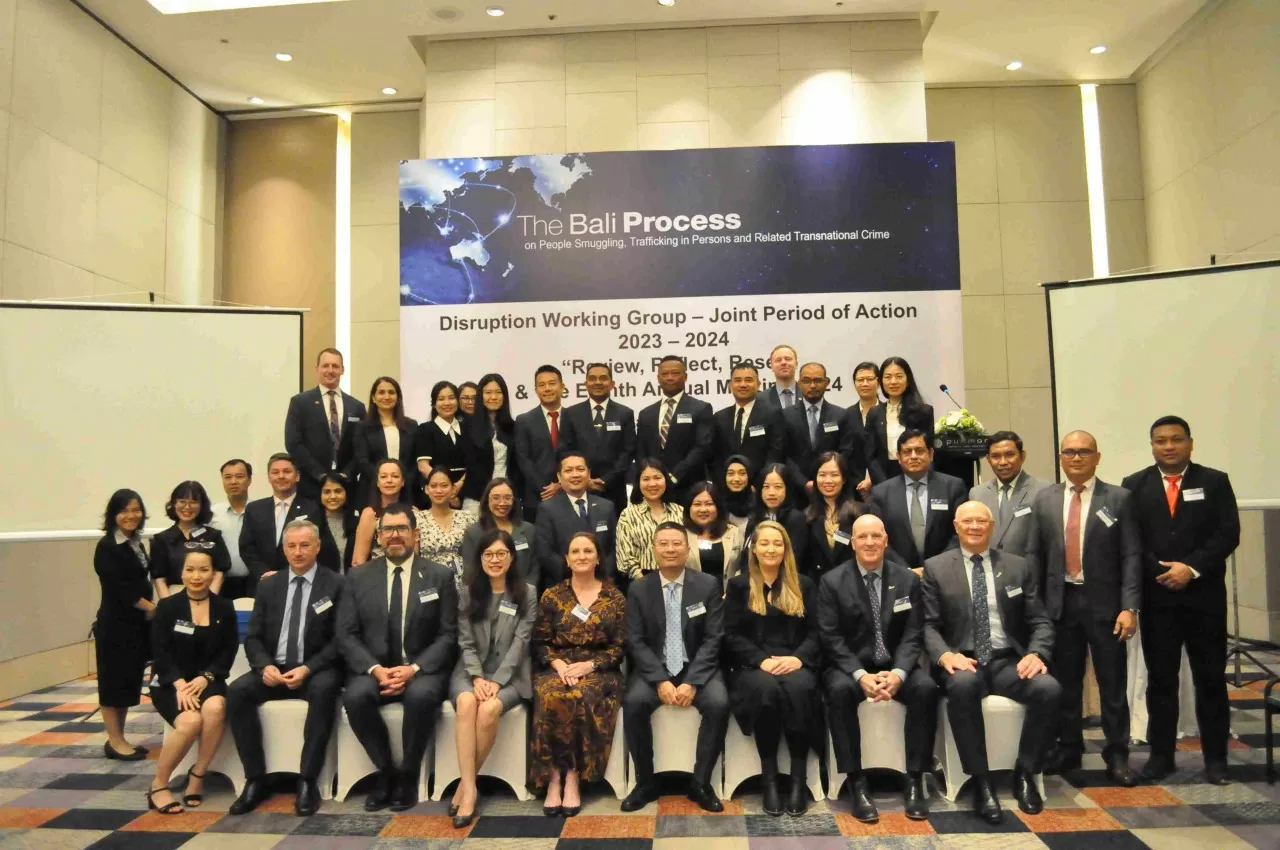 |
| Delegates attending the 2023-2024 Joint Action Phase Meeting and the Annual Meeting of the Working Group on Dismantling Migrant Smuggling and Human Trafficking Networks under the Bali Process. (Photo: Xuan Son) |
Within the framework of the 2023-2024 joint action period meeting and the annual meeting of the Working Group on Dismantling Migrant Smuggling and Human Trafficking Networks within the framework of the Bali Process on Migrant Smuggling, Human Trafficking and Related Transnational Crime, which took place for 3 days from July 16-18 in Hanoi, delegates emphasized the importance of international cooperation in protecting migrants, promoting the Bali Process more effectively, and at the same time saw Vietnam's specific efforts from policy to practice in protecting migrants.
The Bali Process was established in 2002 as a voluntary and non-binding regional consultation process co-chaired by the Australian and Indonesian Governments, involving more than 45 member states and participating organizations. Vietnam joined the Bali Process in February 2002.
Among the multilateral processes on migration, the Bali Process is recognized as a successful model of regional cooperation in preventing and combating illegal migration and human trafficking. During its formation and development, the Bali Process has established many cooperation and working mechanisms, including the Working Group (established in 2009) to develop and promote practical measures, contributing to strengthening cooperation in addressing illegal migration, human trafficking and transnational crime.
Migration is a choice
At the meeting, Ms. Phan Thi Minh Giang, Deputy Director of the Consular Department, Ministry of Foreign Affairs, shared an approach to a migration cycle. Ms. Giang emphasized that when looking at migration in the entire cycle, it can be seen that vulnerability can occur at any stage of the migration process. Therefore, to reduce the vulnerability of migrants and ensure timely protection of migrants' rights, it is important to act at all stages.
“Before migration, we need to encourage safe and informed migration, and/or prevent violence, exploitation or abuse of migrants by identifying the factors that drive migration and the risk factors that can exacerbate vulnerabilities during migration and finding solutions to reduce risks,” said Ms. Giang.
According to the Deputy Director of the Consular Department, migration is a choice, not a necessity. Potential migrants need to be well prepared before leaving their home country, know what awaits them, know how to identify risks and protect themselves against them.
During migration, measures to protect vulnerable migrants include identifying, eliminating risks and providing timely assistance to them, especially in emergencies such as pandemics, natural disasters, and trafficking.
After migration, sustainable reintegration support is needed to address any resulting trauma.
Every country involved in the migration process has a responsibility to prevent the exploitation of migrants because this not only harms the migrants themselves but also damages the country's reputation and image.
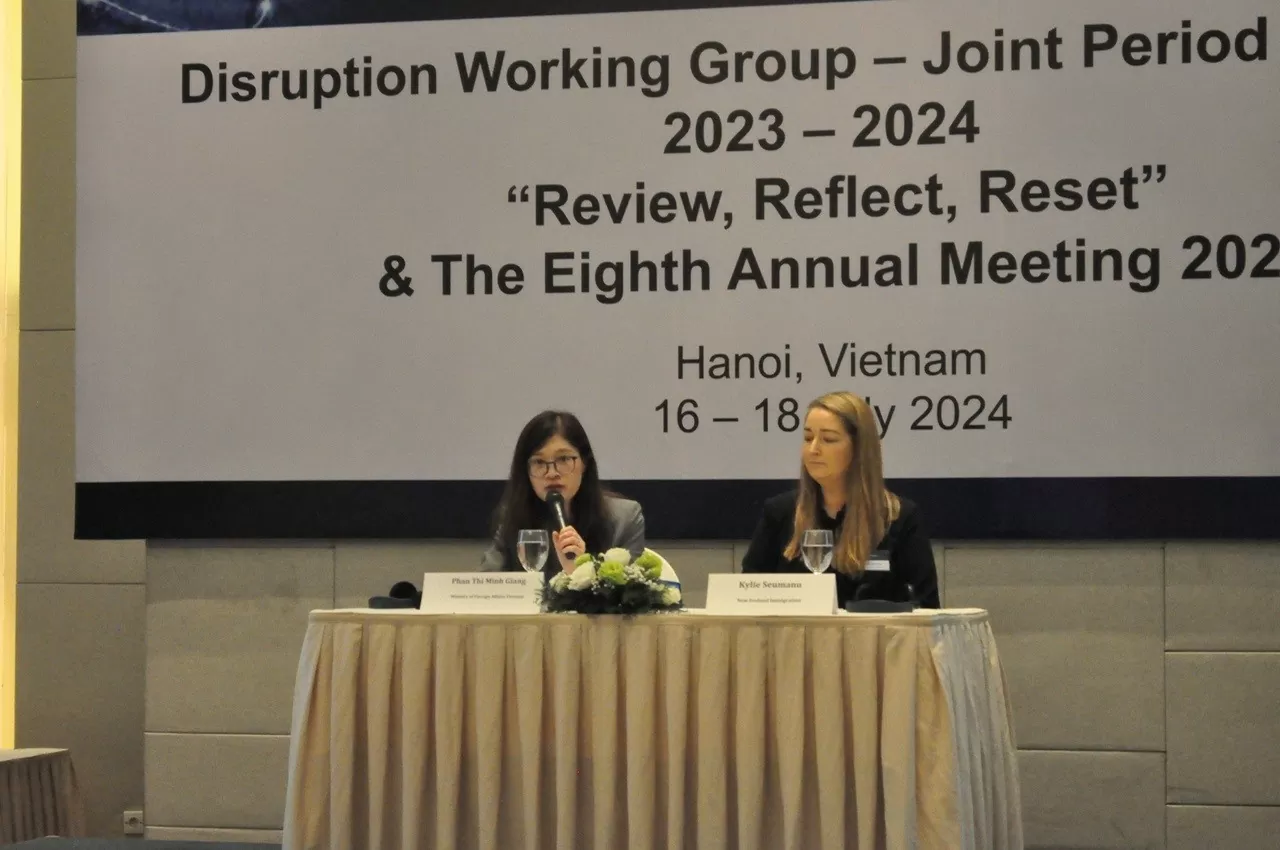 |
| Deputy Director of the Consular Department Phan Thi Minh Giang speaks at the meeting. (Photo: Xuan Son) |
650,000 Vietnamese workers abroad
At the event, Ms. Giang shared the general picture of Vietnam's migration as well as Vietnam's efforts in preventing illegal migration and protecting vulnerable groups during the migration process.
In Vietnam, there are many types of migration, of which labor migration is the main type. However, for this type in particular, there are many ways to go abroad to work: through service enterprises, individuals, organizations investing abroad or going on a working holiday. In addition, there are also a number of people who cross the border to work or stay abroad to find work after their trips.
Currently, there are about 650,000 Vietnamese workers working abroad under contracts in 40 countries and territories around the world, with female workers accounting for more than 30% to 40%.
In 2023 alone, 159,986 people (55,804 women) went to work under this program. The main markets receiving Vietnamese workers include Japan, Taiwan (China) and South Korea. In addition, there is a group of spontaneous workers in border areas or abroad through tourism. The amount of remittances sent back to the country by Vietnamese workers working abroad is estimated at about 4 billion USD annually.
Deputy Director of the Consular Department Phan Thi Minh Giang said that while working abroad, Vietnamese workers may encounter many different difficulties and risks, depending on the form of working abroad and the type of job.
In particular, the recent cases of citizens being tricked into working at online scam establishments in Southeast Asia with the aim of forcing them to commit illegal acts have shown that these risks have become extremely painful issues. The legitimate rights and interests of citizens are seriously violated, many of them become victims of various types of crimes, especially cybercrimes, or become victims of trafficking.
According to a preliminary summary by the Consular Department, Ministry of Foreign Affairs, from 2021 to present, about 4,000 citizens have been rescued, supported and brought back to the country by Vietnamese representative agencies abroad; some cases have been identified as victims of human trafficking.
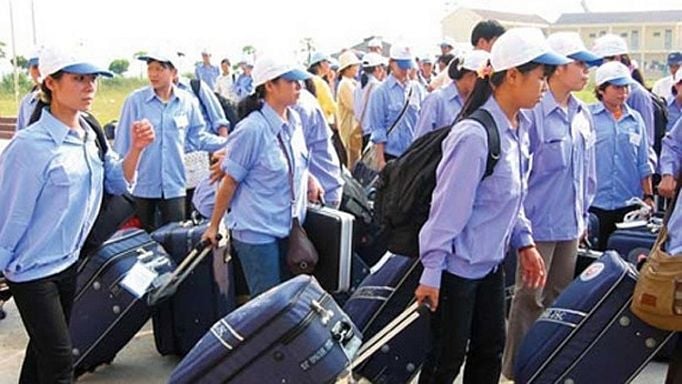 |
| Currently, there are about 650,000 Vietnamese workers working abroad. (Source: VGP) |
Protect and respect migrants
Regarding Vietnam's efforts in preventing exploitation and protecting migrants, the Deputy Director of the Consular Department said that in recent times, Vietnam has made many efforts in strengthening migration management and protecting Vietnamese citizens migrating abroad, including preventing exploitation of migrants.
Specifically, first , Vietnam develops and implements the United Nations Global Compact for Safe, Orderly and Regular Migration (GCM). On March 20, 2020, the Prime Minister signed Decision No. 402/QD-TTg promulgating the GCM Implementation Plan.
The plan aims to create a transparent and accessible migration environment that respects the dignity of migrants and protects their legitimate rights and interests, especially those of specific groups, women and children.
Second , Vietnam builds and promulgates the Law on Vietnamese Workers Working Abroad under Contract in 2020.
Vietnam passed the Law on Vietnamese Workers Working Abroad under Contract on November 13, 2020, effective from January 1, 2022, replacing Law No. 72/2006/QH11 dated November 29, 2006.
The Law has added prohibited acts including: luring, enticing, promising, advertising, providing false information or using other tricks to deceive workers; taking advantage of sending workers to work abroad to organize illegal exit, human trafficking, exploitation, forced labor or other illegal acts; strictly prohibiting discrimination; insulting the honor and dignity of workers...
In addition, to proactively protect the rights of workers, the Law stipulates that Vietnamese citizens who sign labor contracts after leaving the country can register online with the competent state management agency of Vietnam to receive support when problems arise in labor relations abroad and enjoy benefits from the Overseas Employment Support Fund.
Workers who are abused or threatened also have the right to unilaterally terminate their contracts; receive advice and support in job creation and business start-up after returning home; and access voluntary psychosocial counseling services.
Third , Vietnam is developing the Law on Prevention and Combat of Human Trafficking (amended) with three main groups of solutions: perfecting regulations on the basis for identifying victims; regulating support regimes for people in the process of identifying victims; improving regimes and policies to support and protect victims.
The Law on Prevention and Combat of Human Trafficking (amended) is a step forward in Vietnam's legislative activities in general and in the field of prevention and combat of human trafficking in particular, creating a favorable legal basis for authorities in the fight against human trafficking.
To reduce the vulnerability of migrants, according to Deputy Director of the Consular Department Phan Thi Minh Giang, countries need to: Review policies and practices to ensure that they do not create or exacerbate the vulnerability of migrants; strengthen cooperation to provide for migrants in vulnerable situations, regardless of their migration status, especially for women, children, the elderly, and victims of trafficking; apply support measures for migrants in crisis situations.
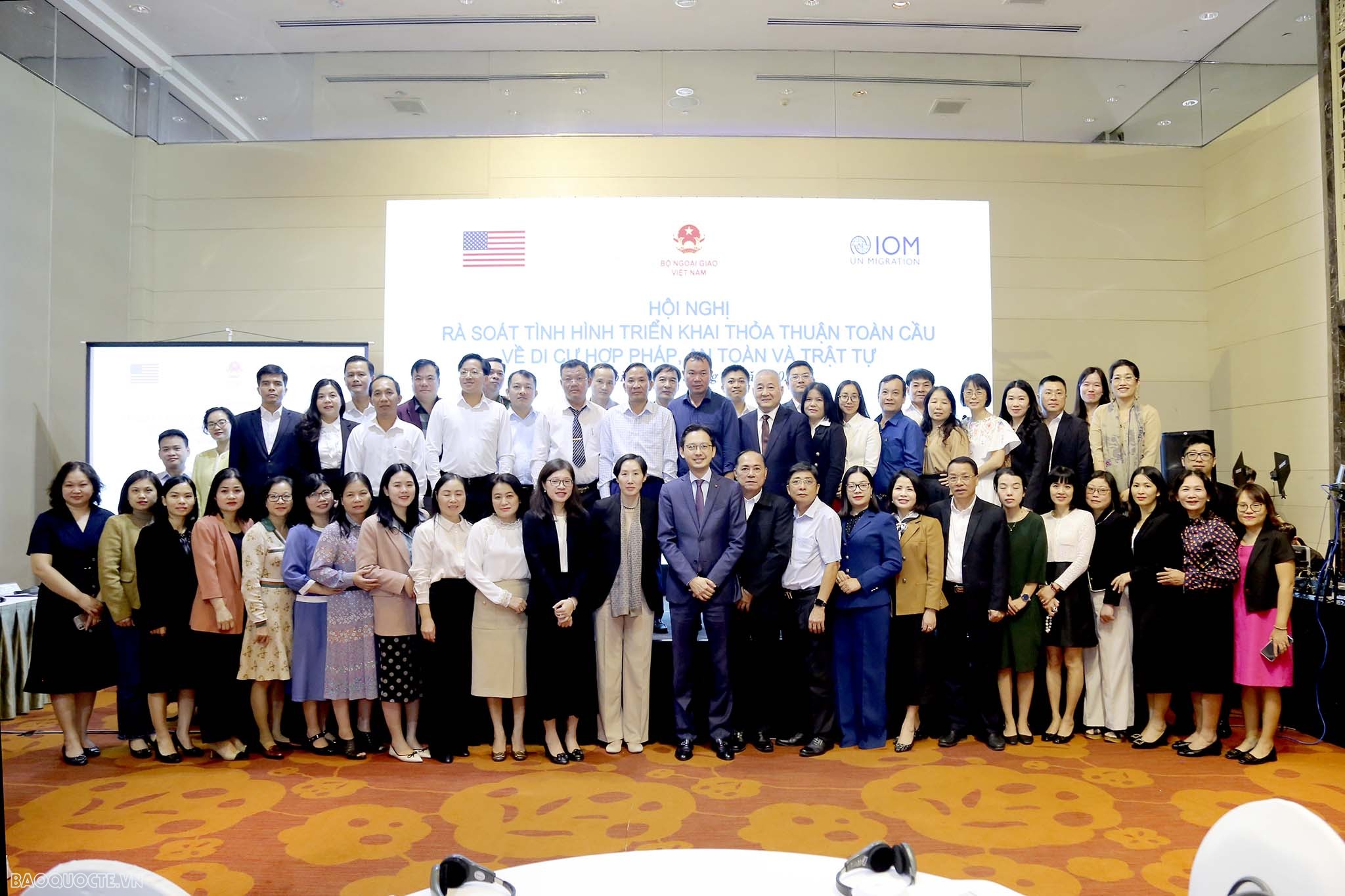 |
| Conference to review the implementation of the global compact for safe, orderly and regular migration in December 2023. (Photo: Quang Hoa) |
Collaboration is key
During the conference, New Zealand Ambassador to Vietnam Beresford highly appreciated Vietnam's efforts in preventing exploitation and protecting migrants, as well as Vietnam's active participation in international cooperation in this field. At the same time, the Ambassador affirmed his readiness to cooperate with Vietnam to develop and implement strategies to respond to illegal migration and human trafficking.
As someone who has directly participated in the cooperation activities between New Zealand and Vietnam in the field of migration over the past 12 months, Mr. Ben Quinn, the liaison officer on illegal migration of the New Zealand Immigration Department, shared with reporters on the sidelines of the conference his impressions of Vietnam's efforts to combat illegal migration and human trafficking.
“We are very pleased with the way New Zealand and Vietnam have worked together over the past 12 months to combat irregular migration and human trafficking,” Mr. Ben Quinn stressed.
Expressing his impression of the steps Vietnam has taken to deal with illegal migration, he also hoped that cooperation between the two countries would contribute to solving the common problem of migration.
The representative of the New Zealand Immigration Authority affirmed the importance of information sharing, bilateral and multilateral cooperation in dismantling illegal migration networks, human trafficking and transnational crime.
“Cooperation between countries is vital in combating illegal migration and human trafficking. Countries cannot fight these crimes alone when the movement of people is international,” he said.
During the meeting, Mr. Carl Knight, New Zealand Immigration Department shared some practical experiences of Vietnamese workers in New Zealand. According to him, Vietnamese workers in New Zealand are facing some serious problems such as debt, fraud, labor exploitation, including many women and children. Currently, the New Zealand government has been taking approaches through policies and communication to protect migrants, and to raise awareness of transnational crimes among migrants.
Bilateral and multilateral cooperation, developing a common strategy and slogan, promoting the Bali Process more strongly and effectively... are the main points emphasized by delegates in their discussions at the meeting to join hands in solving the difficult and complex problem of cross-border migration, creating a safe and secure space for sustainable development.
Source: https://baoquocte.vn/phai-hanh-dong-trong-tat-ca-cac-giai-doan-cua-chu-trinh-di-cu-278827.html


![[Photo] Closing of the 4th Summit of the Partnership for Green Growth and the Global Goals](https://vstatic.vietnam.vn/vietnam/resource/IMAGE/2025/4/17/c0a0df9852c84e58be0a8b939189c85a)

![[Photo] Promoting friendship, solidarity and cooperation between the armies and people of the two countries](https://vstatic.vietnam.vn/vietnam/resource/IMAGE/2025/4/17/0c4d087864f14092aed77252590b6bae)
![[Photo] Nhan Dan Newspaper announces the project "Love Vietnam so much"](https://vstatic.vietnam.vn/vietnam/resource/IMAGE/2025/4/17/362f882012d3432783fc92fab1b3e980)
![[Photo] General Secretary To Lam receives French Ambassador to Vietnam Olivier Brochet](https://vstatic.vietnam.vn/vietnam/resource/IMAGE/2025/4/17/49224f0f12e84b66a73b17eb251f7278)
![[Photo] National Assembly Chairman Tran Thanh Man meets with outstanding workers in the oil and gas industry](https://vstatic.vietnam.vn/vietnam/resource/IMAGE/2025/4/17/1d0de4026b75434ab34279624db7ee4a)



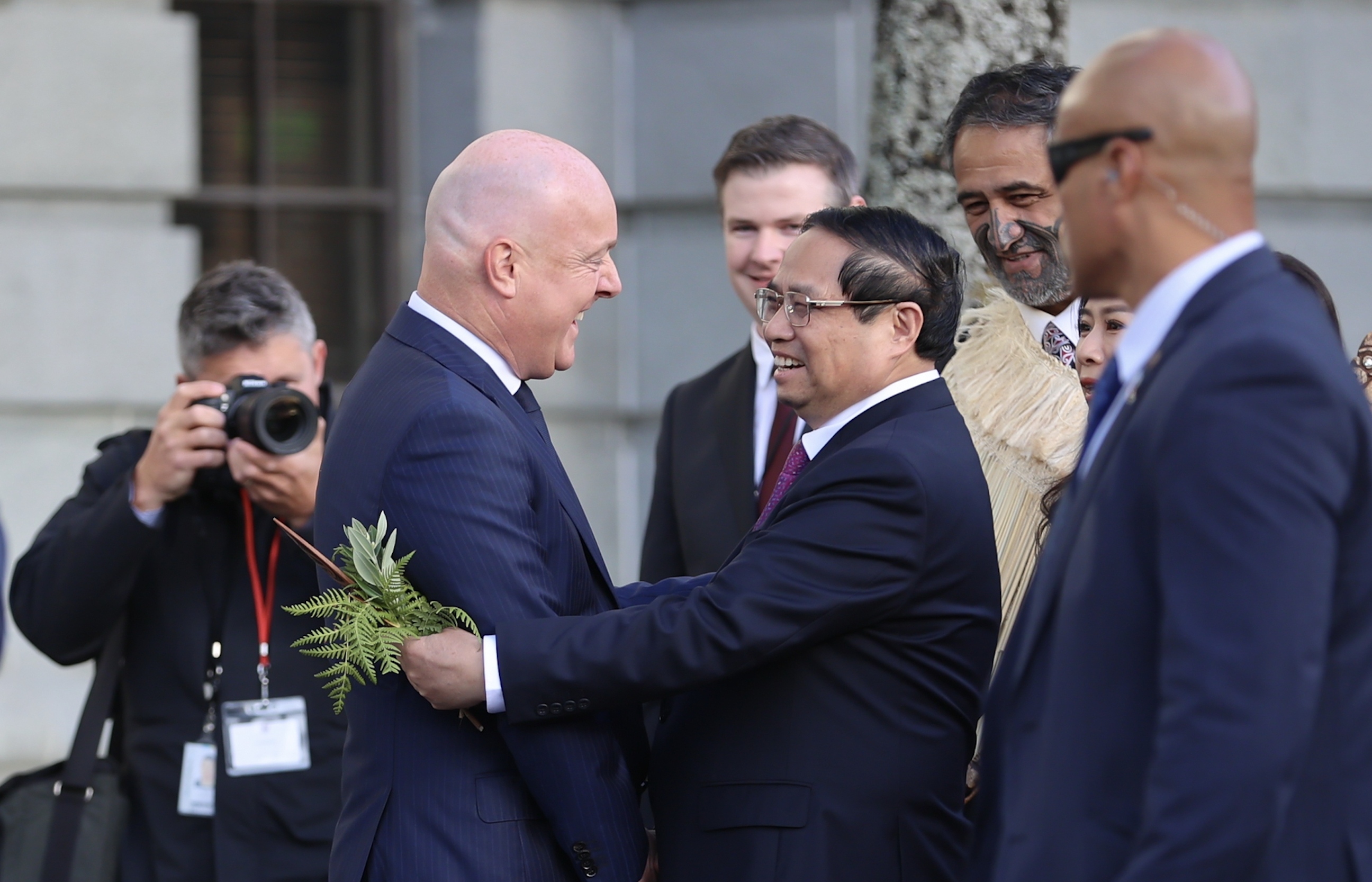

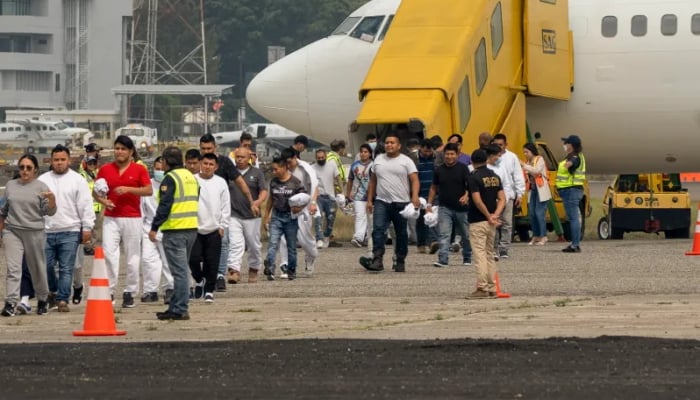



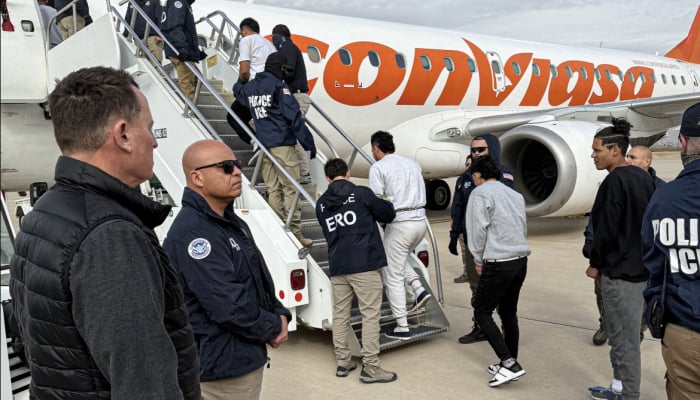
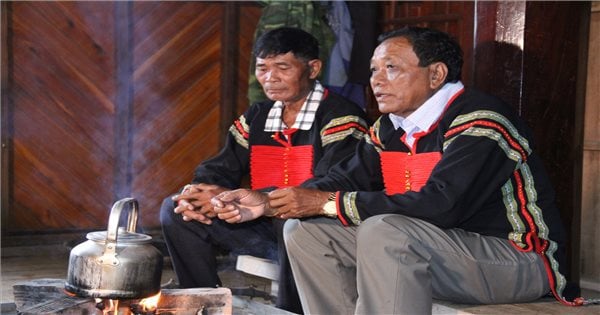
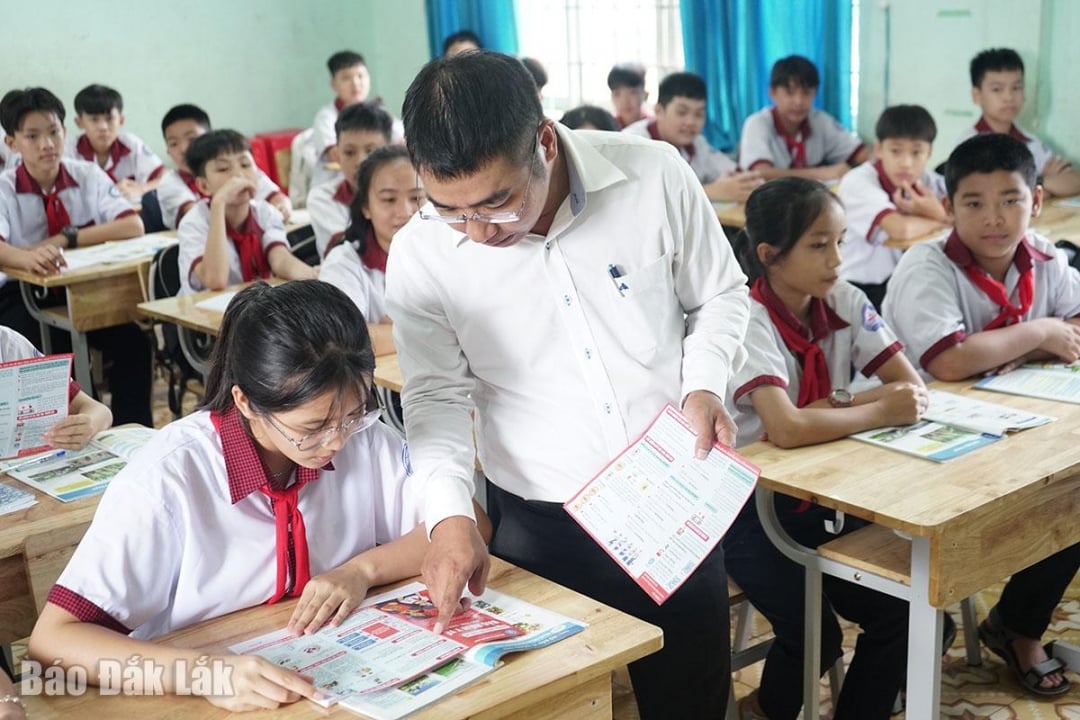








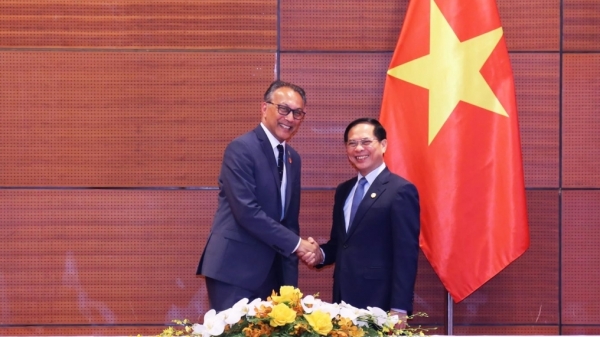
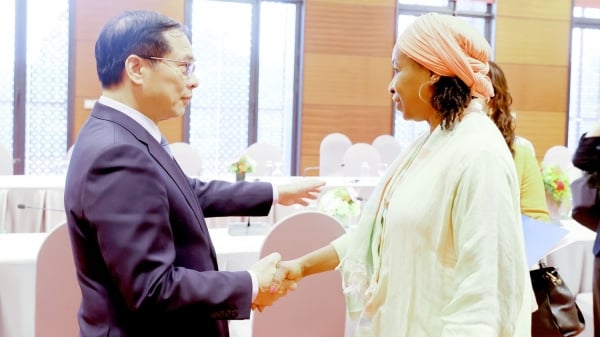
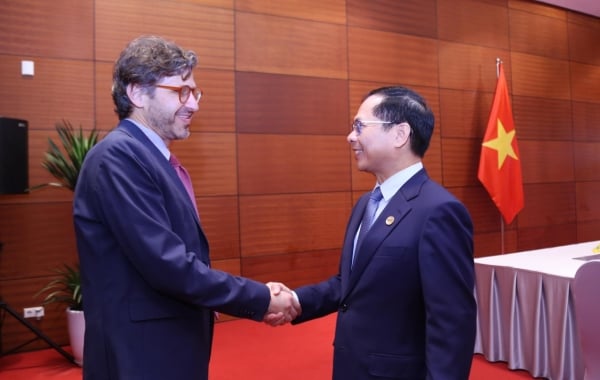
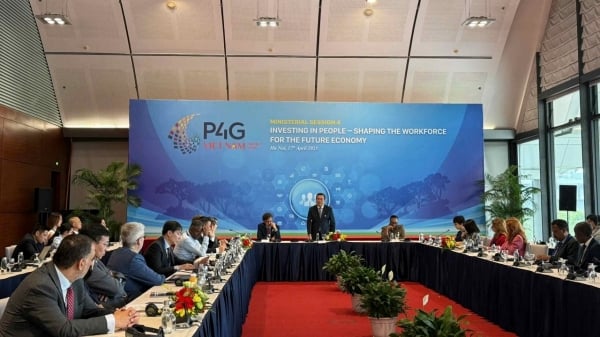
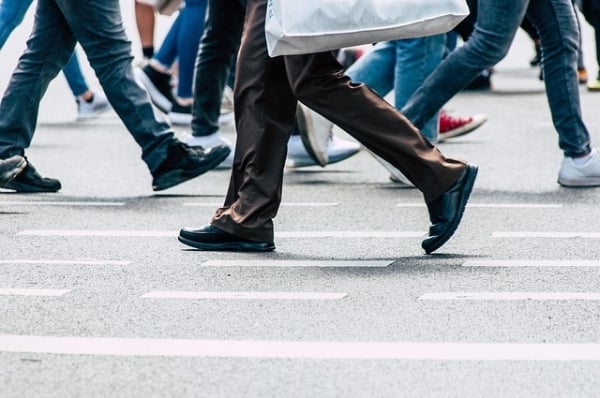
![[Photo] Welcoming ceremony for Chinese Defense Minister and delegation for friendship exchange](https://vstatic.vietnam.vn/vietnam/resource/IMAGE/2025/4/17/fadd533046594e5cacbb28de4c4d5655)



























![[Video] Viettel officially puts into operation the largest submarine optical cable line in Vietnam](https://vstatic.vietnam.vn/vietnam/resource/IMAGE/2025/4/17/f19008c6010c4a538cc422cb791ca0a1)





















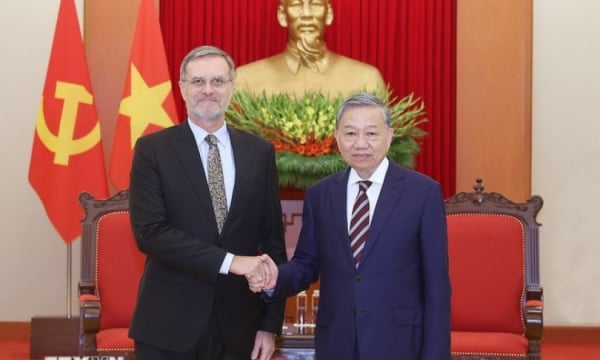


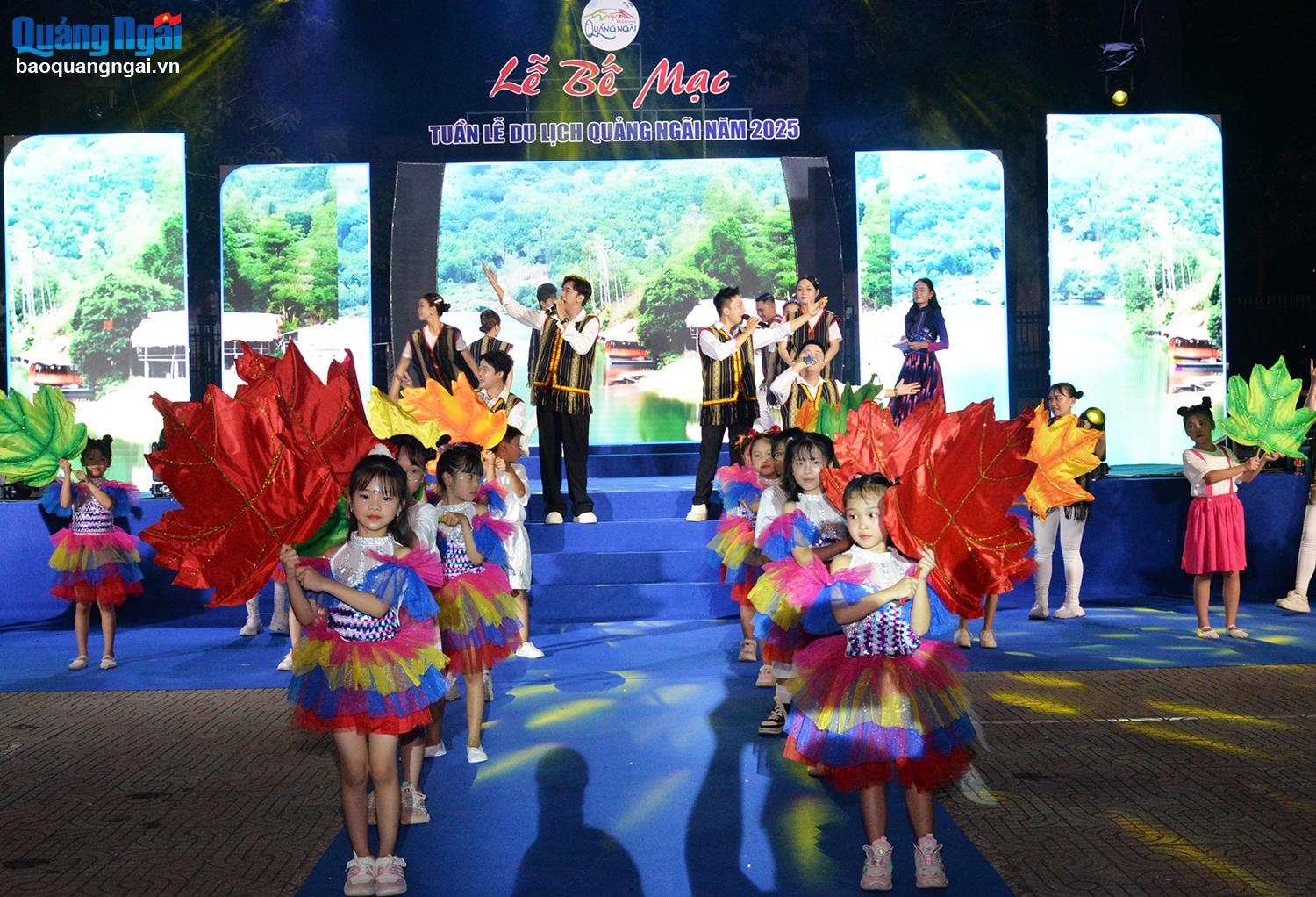

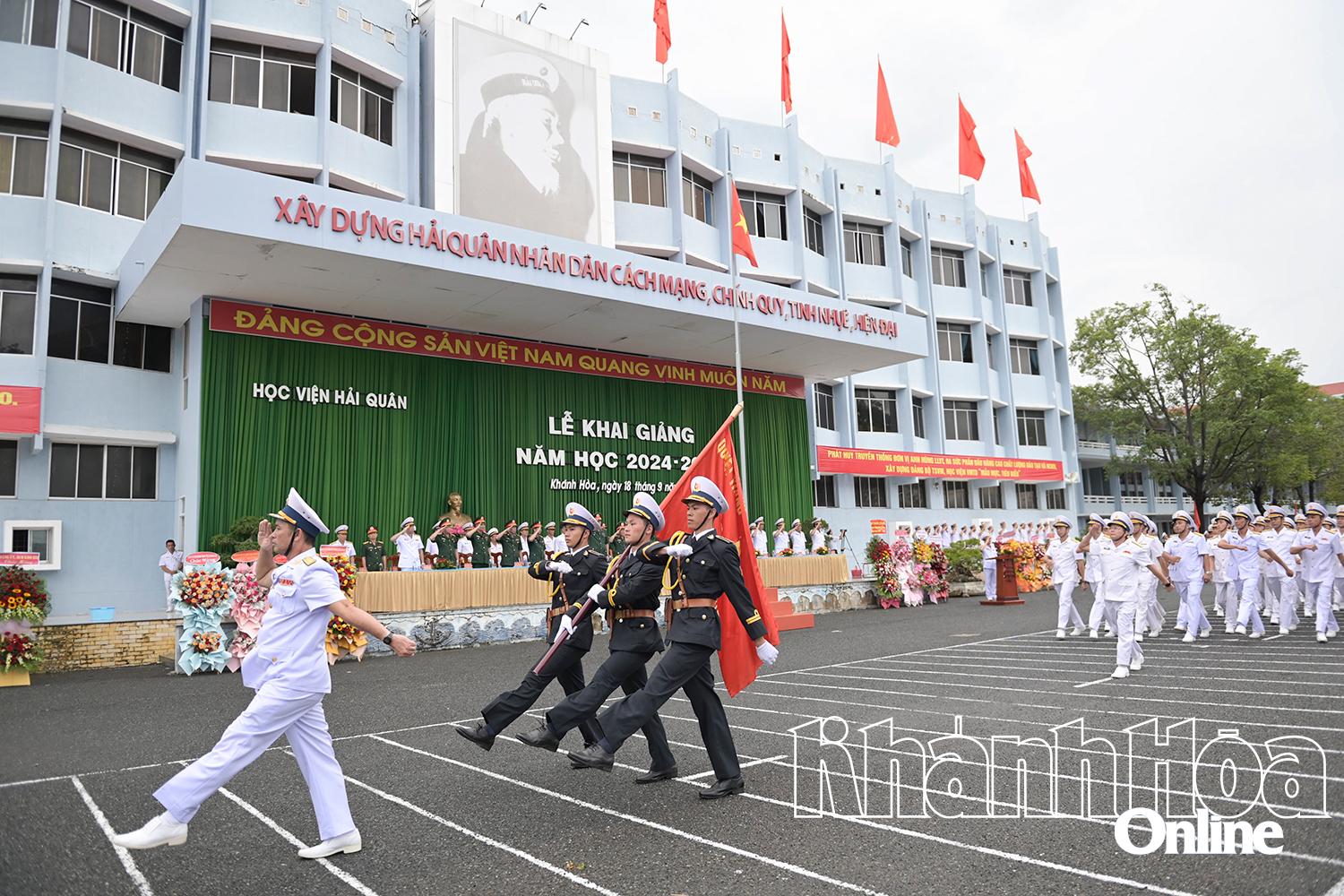












Comment (0)